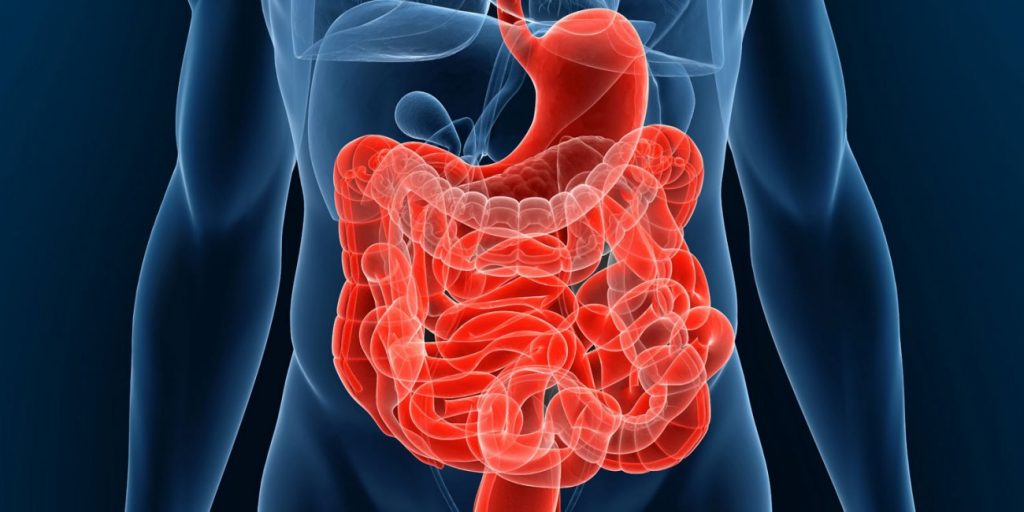Constipation

Constipation is a condition of the digestive system where an individual has hard faeces that are difficult to expel. The slower the food moves through the digestive tract, the more water the colon will absorb from it. Consequently, the faeces become dry and hard. When this happens, emptying the bowels can become very painful.
Symptoms
- Increased difficulty and straining
- Abdominal pain
- Abdominal cramps
- Feeling bloated and nauseous
- Loss of appetite
Causes
- Lack of fiber in the diet
- Physical inactivity
- Medications
- Milk
- Irritable bowel syndrome
- Pregnancy
- Aging
- Changes in routine
- Overuse of laxatives
- Not going to the toilet when needed
- Not drinking enough water
- Problems with the colon or rectum
- Some disease conditions like neurological disorders, endocrine and metabolic conditions, systemic diseases and cancer
Treatment
In the majority of cases, constipation resolves itself without any treatment or risk to health. The treatment of recurring constipation can include lifestyle changes such as doing more exercise, eating more fiber, and drinking more water. Usually, laxatives will successfully treat most cases of constipation – but should be used with care and only when necessary. In more difficult cases, the person may need a prescription medication.
To read more on Patient Care, click on the link below.
Content Courtesy : Portea



